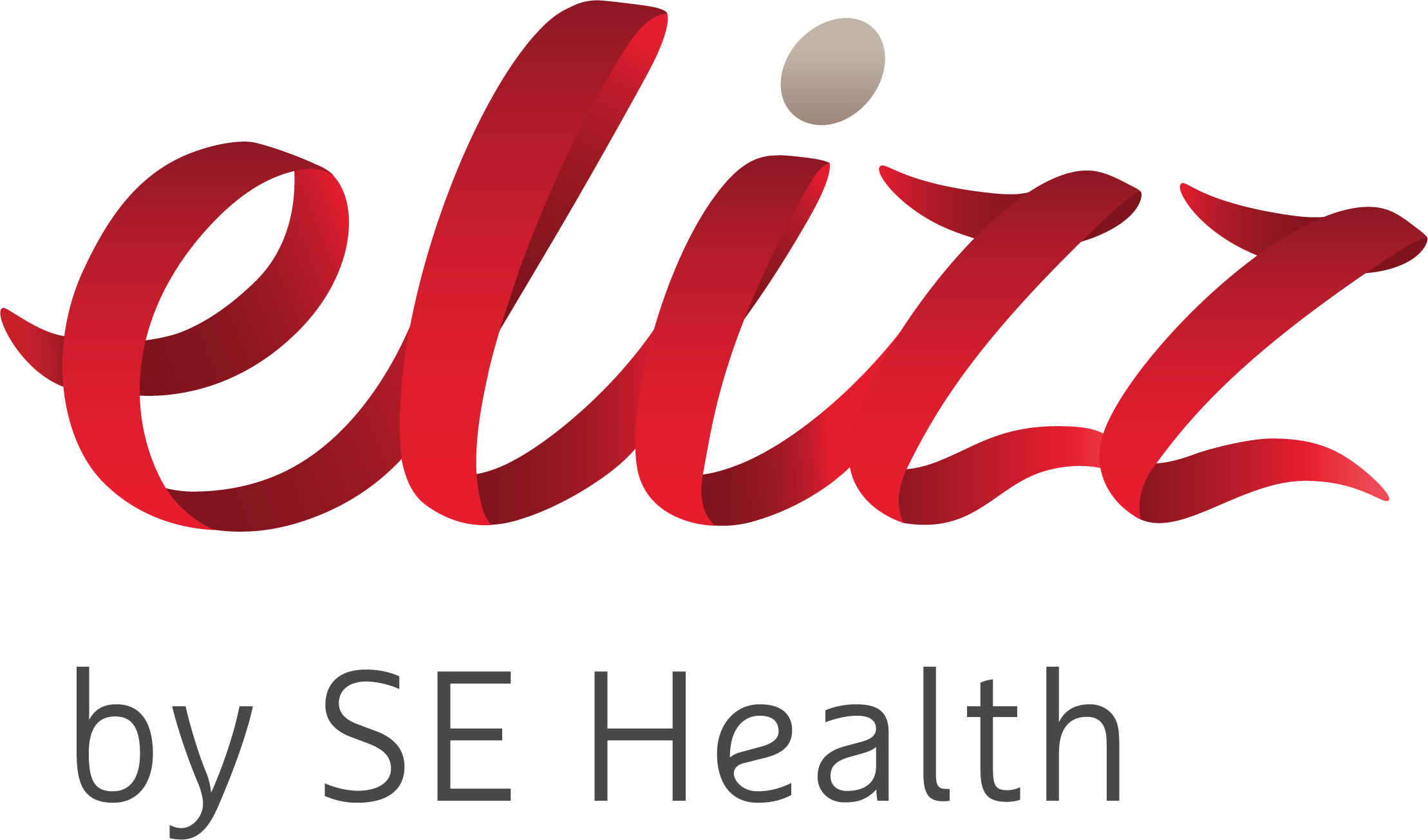The elizz 5 lifestages of caregiving

You ARE a caregiver if you are providing unpaid assistance and/or support to someone with any part of their daily living. You might be a caregiver to a partner/spouse, parent, family member, friend, neighbour, or colleague. Your assistance may be provided for 1 hour a week or it may be a full-time job (albeit unpaid). The number of hours may have evolved over time because of the person’s age, medical condition, injury, illness, or disability. Or, you may have been catapulted into caregiving as a result of some medical crisis or accident.
You may be caring for someone who lives with you or you may be a distance caregiver for someone on the other side of the country. You may be happy and satisfied to be a caregiver who wants to give back or you may be providing care due to a sense of obligation and/or pressure. None of these details change the fact that you are a caregiver.
Why it’s important to recognize and identify yourself as a caregiver?
- You deserve the recognition. While caregiving is deeply personal, it also has immense social and economic benefits. Caregiving saves the health care system literally BILLIONS of dollars every year. In Canada, caregivers who look after seniors save Canada’s health care system between $24 to 31 billion every year. As a caregiver, you are doing vital work and because this work is often done in the home, its value is not always recognized. Don’t sell yourself short – acknowledge the immensely valuable and important work you are doing as a caregiver.
- You are more likely to access education, information and support, and plan ahead when you recognize that you are a caregiver. Without this identification, you are more likely to absorb the impact of caregiving. More pointedly, you are more likely to provide care at the expense of your own wellbeing because the difficulties are more hidden – to others and yourself – without this recognition and identification.
Elizz has developed a self-assessment to determine the stage of caregiving you are in –referred to as the Elizz 5 LifeStages of Caregiving. How is this helpful you ask? It can prepare you for the journey ahead – what you may face or are likely to face as a caregiver. It is helpful because the risks for your own health and wellness can be flagged and a plan can be developed to address your wellbeing in a proactive way. It can also be helpful to make sense of how you may be feeling.
The Elizz 5 LifeStages of Caregiving are Helping, Involved, Intensive, All Encompassing and Closing. The LifeStages are intended to be dynamic, not static. Depending on your unique caregiving situation, you may move from a less intense LifeStage to a more intense LifeStage, you may skip LifeStages, or you may move from a more intense LifeStage to a less intense LifeStage. This movement through the LifeStages may occur only once or it may occur multiple times.
Each LifeStage involves varying degrees of time and complexity of skills required and challenges to balance your caregiving with the rest of your life. Keep reading for a brief description of the Elizz 5 LifeStages of Caregiving.
Helping LifeStage
During this LifeStage you are spending an average of 1-10 hours per week helping “a bit more than usual” with everyday activities like shopping, meals, transportation, appointments, and banking. You may not see yourself as a caregiver but rather as a family member, friend, or partner/spouse doing what you naturally do.
Involved LifeStage
During the Involved LifeStage you are spending an average of 11-20 hours per week involved with a broad range of caregiving activities. You may not yet see yourself as a caregiver. However, you are likely experiencing apprehension about your caregiving role and the skills required. There is also the challenge of balancing caregiving with your other day-to-day responsibilities.
According to the Canadian Institute for Health Information, caregivers are 2.5 times more likely to be in distress if caregiving over 20 hours per week.
Intensive LifeStage
You are in the Intensive LifeStage when you spend between 21-40 hours per week providing care. There is likely no doubt in your mind that you are a caregiver and it is during this LifeStage that your health and wellbeing are most at risk. It is in the Intensive LifeStage where caregivers often find themselves in the new and unfamiliar aspects of caregiving. You may need to learn new and complex skills as well as make life-changing decisions and sacrifices.
All Encompassing LifeStage
In the All Encompassing LifeStage, the health and wellbeing of the person you’re caring for has become a full-time job. You have likely re-defined your priorities, given up many aspects of your normal life, and made significant sacrifices. You have probably mastered many complex skills while overseeing virtually all aspects of the person’s day-to-day life from medical tasks to coordinating health care and making medical and financial decisions. Your overall life satisfaction, including your physical, mental, and emotional health and wellbeing are at risk. In addition, your relationships may be strained.
Closing LifeStage
Whether gradual or sudden, planned or unplanned, the Closing LifeStage is a time of transition out of your role as caregiver. This is due to a change in the caregiving situation. The person no longer needs caregiving, another person or facility is providing the care, or the person has died. This can be a valuable time to reflect on your caregiving experience and how it has shaped you. It is also a time to let go of any negative judgements or criticisms you may have about yourself, your caregiving, and/or the person you were caring for. Throughout this Closing LifeStage, caregivers typically experience a range of feelings from sadness, feeling “lost” or guilty, to satisfaction, excitement, and pride.
With the Elizz 5 LifeStages of Caregiving, caregivers can plan ahead, anticipate future needs, and access resources in a timely manner in order to improve or maintain their own health and wellbeing.









